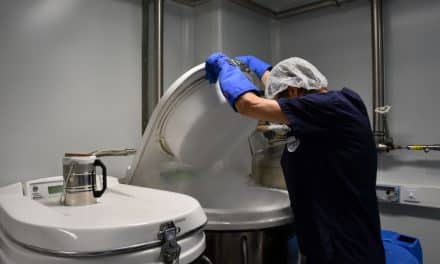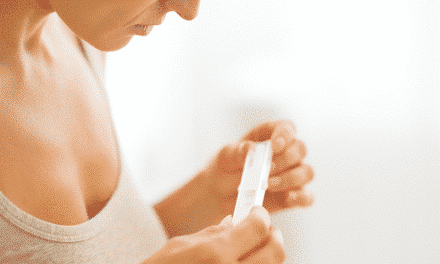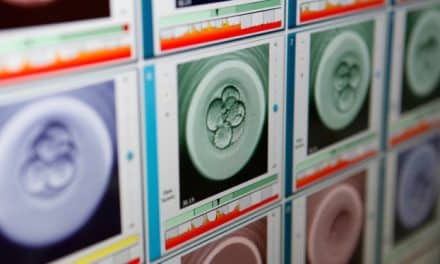If you are undergoing a fertility treatment, you have probably asked yourself this question. The best course of action is to follow the advice of your gynaecologist, who will be familiar with your particular case. In general, however, it is difficult to give an unequivocal answer because it is not clear whether sexual intercourse after embryo transfer is beneficial or harmful. In this post, we explain the reasons for and against it with the help of Dr Isabeth González, a fertility specialist at our clinic:
What are the risks?
Orgasms can cause uterine contractions, and sexual intercourse increases the risk of infection. For this reason, some people prefer to abstain from sex after embryo transfer.
However, for couples who become pregnant naturally, sex after conception is not considered a risk. Why is that?
This is indeed true. In fact, many women are not even aware that they are already pregnant and have sex after conception without this posing a problem for the implantation of the embryo and the development of the pregnancy.
In the case of a fertility treatment, are there other reasons for avoiding sex?
Yes, but the reason for avoiding sex after embryo transfer is not related to the final outcome of the treatment – i.e. whether or not a pregnancy is achieved – but rather to avoid other problems: ovarian stimulation can affect the size of your ovaries and make sexual intercourse painful or increase the risk of complications, such as ovarian torsion. Therefore, patients are usually advised not to have sexual intercourse for at least two days before and five days after the scheduled date of the egg retrieval. This is also because the ovarian puncture creates a pathway that could lead to infection.
What if I have not undergone ovarian stimulation?
In this case, we recommend that you wait 2 to 3 days after your embryo transfer before having sexual intercourse. This is because the transfer alters the cervical mucus, which acts as a barrier to micro-organisms entering your uterus, increasing the risk of infection during sexual intercourse. However, no studies have yet shown that subsequent sex can be harmful.
Some prefer to wait for the pregnancy test result. Why is that?
Yes, some patients choose to abstain from sex until the pregnancy test, but this is a personal decision. In general, if there are no specific risks, you can have sex after the transfer as mentioned above. Some couples avoid it because they fear it could affect implantation and they do not want to feel guilty if the result is negative.
There are also arguments in favour of having sex after embryo transfer: why is it thought to be beneficial?
Some studies show that having sex during an IVF cycle can be beneficial, although they are not conclusive. The reason for this is that the presence of certain substances in the semen may favour the mother’s immune tolerance towards the embryo and its development.
At Dexeus Mujer, we presented a prospective study at the last congress of the Spanish Fertility Society. According to the results, there are no significant differences between couples who have sexual intercourse after the embryo transfer and those who do not in terms of achieving a pregnancy and carrying it to term.
In short: ask your gynaecologist. If there are no specific risks, it is your personal choice. There are no studies with conclusive results showing that sex after embryo transfer can be harmful or beneficial.
















